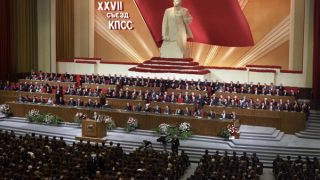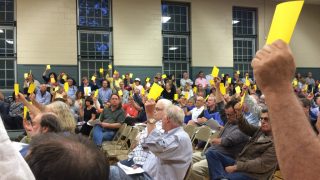
The properties that characterize the definition of Nash equilibrium
Strategic decision is the object of study for Game Theory, a discipline that started officially with the book The Theory of Games and Economic Behavior, by John von Neumann and Oskar Morgenstern . For non-cooperative games, i.e., games in which individuals make decisions individually and with no strings attached, the book was restricted to zero-sum […]








